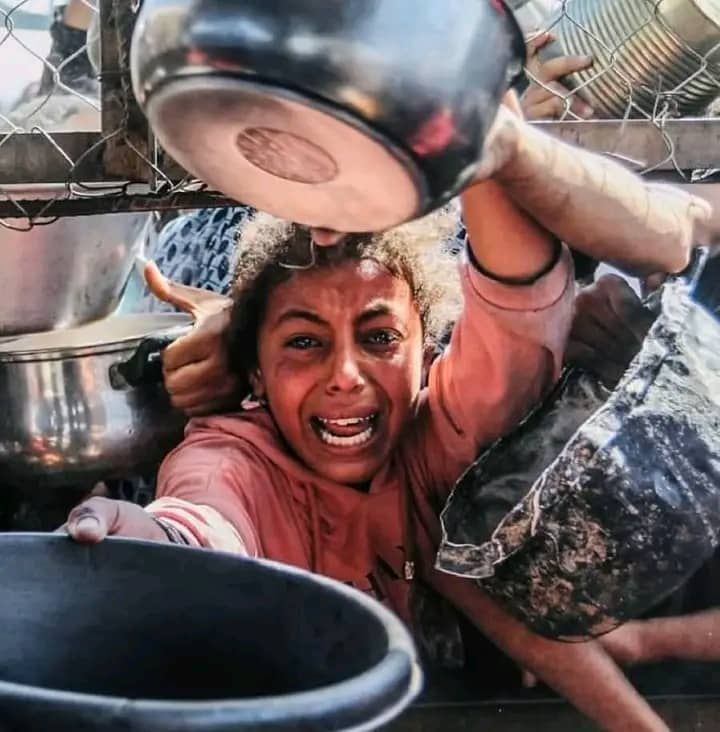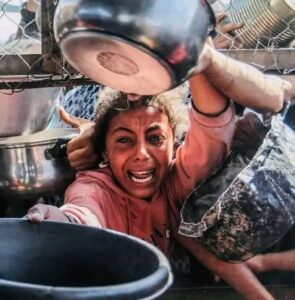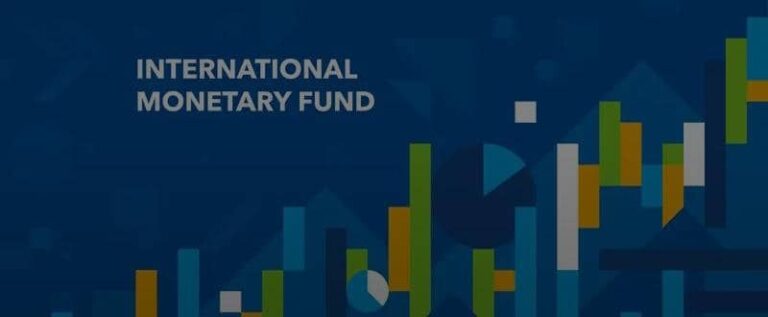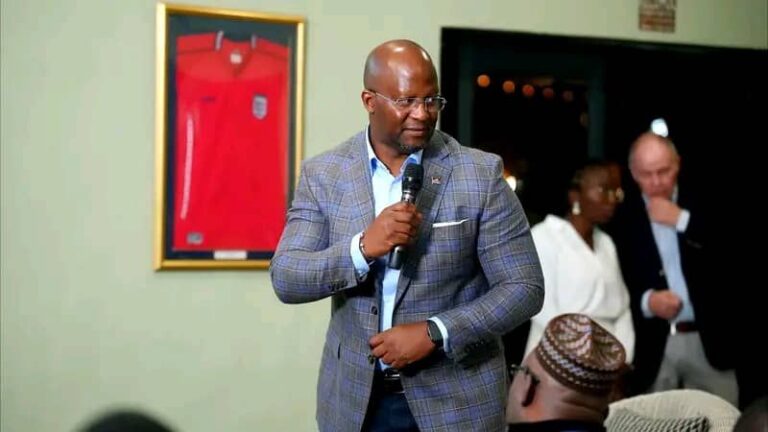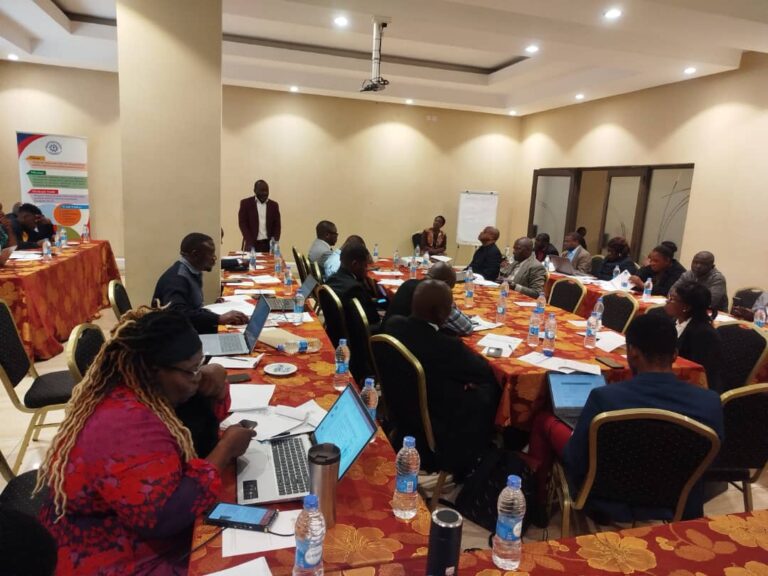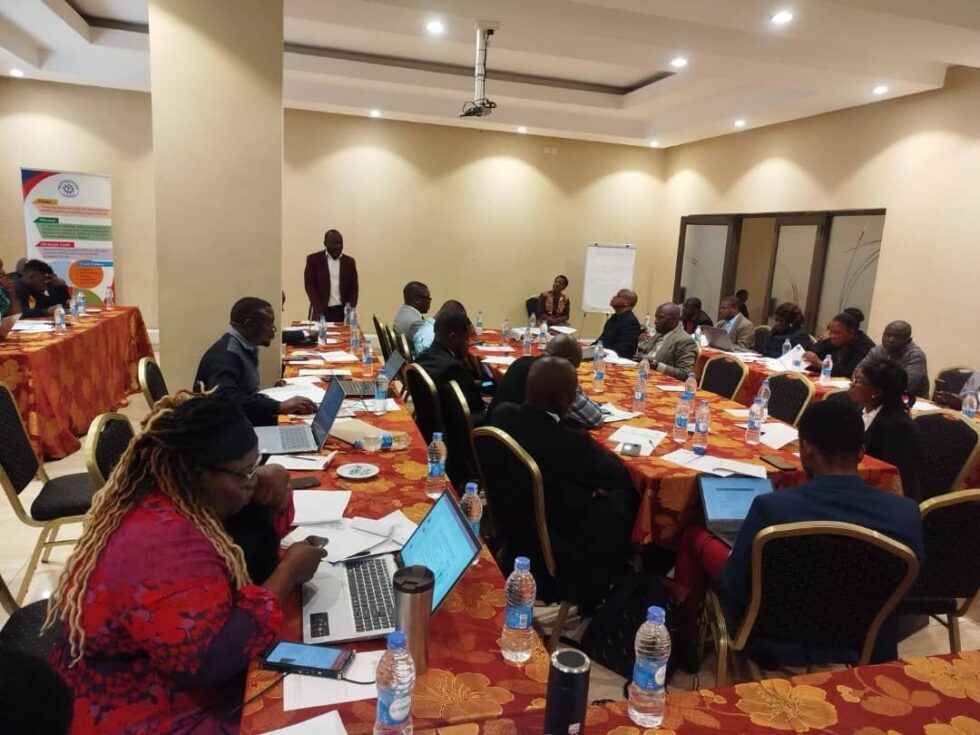By Rahim Abdul
Malawi’s football sensation Temwa Chawinga has been nominated for the 2025 Women’s Ballon d’Or, standing tall among the best female footballers in the world.
The Kansas City Current striker made the prestigious shortlist following a standout season in the United States’ National Women’s Soccer League (NWSL), where she emerged as top goal scorer and Player of the Season.
Temwa, who has risen from humble beginnings in rural Malawi to the grand stages of international football, is now one of only two African women on this year’s list.

She is joined by Zambia’s Barbra Banda, a fellow Southern African trailblazer currently playing for Orlando Pride.
The nomination is historic for Malawi, as it not only highlights the growing influence of African women in football but also marks the second consecutive year that the Chawinga family has been represented her elder sister, Tabitha Chawinga, was shortlisted for the same award in 2024.
This year’s Ballon d’Or Feminin shortlist is filled with global icons and rising stars. Among the nominees is Spain’s Aitana Bonmatí (Barcelona), the two-time reigning Ballon d’Or winner aiming for her third straight title, alongside her compatriots Alexia Putellas (Barcelona), a former winner herself, Mariona Caldentey (Arsenal), and Claudia Pina (Barcelona), all of whom have had outstanding seasons.
England is well represented through Chloe Kelly and Alessia Russo (both at Arsenal), who played vital roles in England’s European Championship success.
Other notable names include Norway’s Caroline Graham Hansen (Barcelona), Haiti’s Melchie Dumornay (Lyon), Poland’s Ewa Pajor (Barcelona), Spain’s Esther González, France’s Sandy Baltimore, Australia’s Steph Catley, and England’s Lucy Bronze. These players have excelled in their respective leagues and international tournaments, making the 2025 race for the Ballon d’Or one of the most competitive in years.
Temwa’s nomination is a source of immense pride in Malawi. Her story from barefoot football in the dusty grounds of Lilongwe to scoring goals on the international stage is inspiring a new generation of young girls across Africa.
Her presence on the Ballon d’Or list confirms her place among the elite and proves that African talent is now a force to reckon with in global women’s football.



